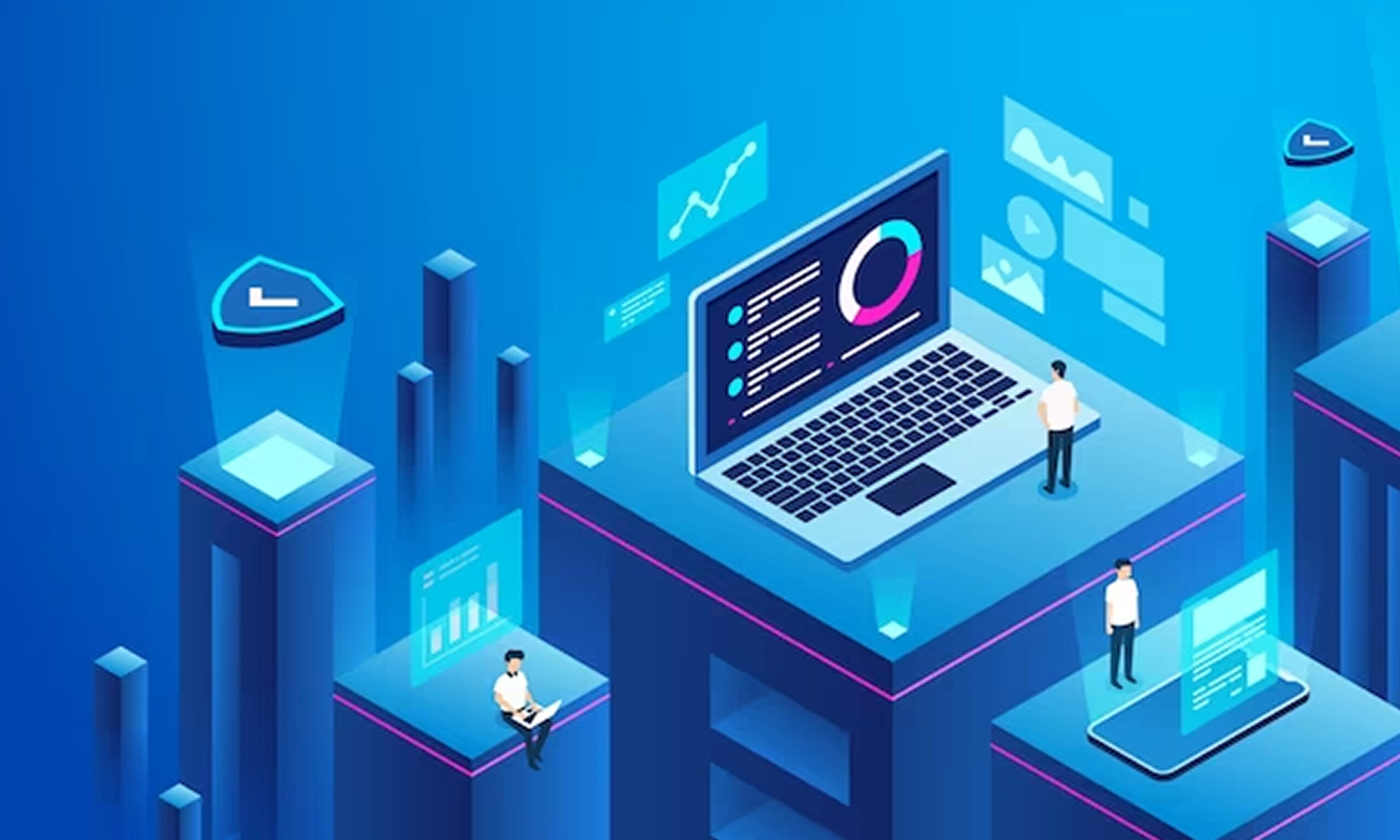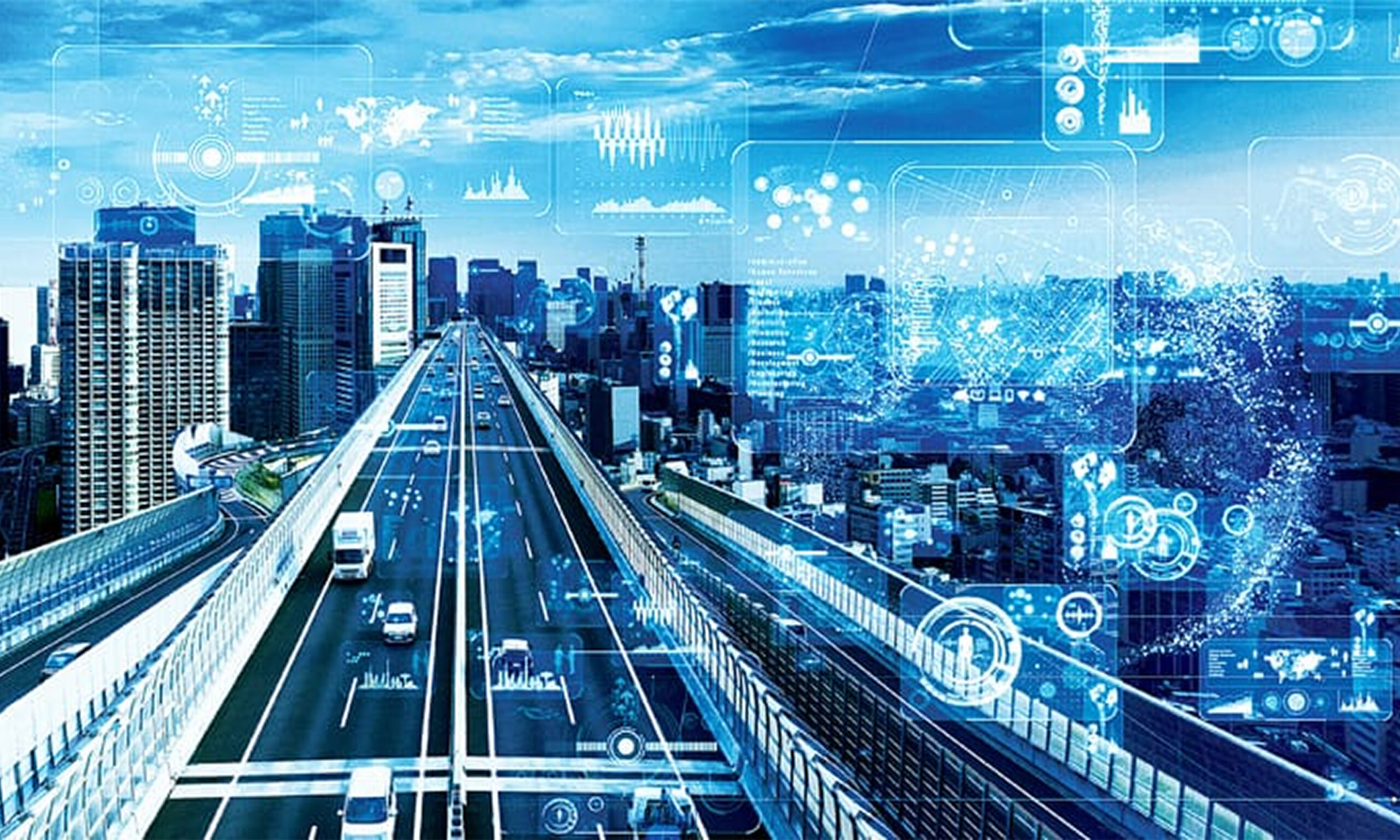Importance of Technology | USA 2024

The Importance of Technology in Today’s World
Technology is crucial in our lives, impacting every aspect of society. From education to healthcare, business, communication, entertainment, and transportation, technology has revolutionized how we live, work, and interact with each other. In this article, we will explore the significance of technology in various sectors and how it has transformed the way we approach these areas.
Technology in Education
The importance of Technology has opened up new avenues for learning and teaching. It has made education more accessible, allowing students to access a wealth of information online. Technologies like smartboards, tablets, and educational apps have enhanced the learning experience, making it more interactive and engaging.
Virtual reality (VR) and augmented reality (AR) are also being used to create immersive learning environments, making complex concepts easier to understand. Technology has transformed education in numerous ways, enhancing learning experiences and accessibility. Here are some key areas where technology has made a significant impact:
- Online Learning Platforms: Platforms like Coursera, Khan Academy, and Udemy offer a wide range of courses, making education more accessible to people worldwide.
- Virtual Reality (VR) and Augmented Reality (AR): These technologies allow students to experience simulations and visualizations that deepen their understanding of complex subjects, such as exploring the human body or visiting historical sites.
- Digital Textbooks: Digital textbooks are more interactive and often include multimedia elements like videos, animations, and quizzes, making learning more engaging.
- Collaborative Tools: Tools like Google Workspace (formerly G Suite) and Microsoft Teams enable students and teachers to collaborate in real-time, enhancing communication and productivity.
- Adaptive Learning Software: These programs adjust the learning path based on the student’s progress and understanding, providing personalized learning experiences.
- Cloud Computing: Cloud-based services enable students and teachers to access resources and collaborate from anywhere, fostering flexibility and accessibility.
- Artificial Intelligence (AI): AI can analyze data to identify learning patterns and provide personalized recommendations to improve learning outcomes.
- Robotics: Robotics can be used to teach programming and problem-solving skills, and in some cases, robots can serve as tutors or assistive devices for students with special needs.
Overall, Importance of Technology has the potential to revolutionize education by making it more engaging, accessible, and tailored to individual learning needs

Technology in healthcare
Please write in the English language.
Technology has had a profound impact on healthcare, revolutionizing the way medical professionals diagnose, treat, and manage patient care. Here are some key ways technology is used in healthcare:
- Electronic Health Records (EHRs): EHR systems have replaced paper records, allowing healthcare providers to access and share patient information securely. This improves coordination of care and reduces medical errors.
- Telemedicine: Telemedicine enables patients to consult with healthcare providers remotely through video conferencing and other communication technologies. This is particularly useful for patients in remote areas or those with mobility issues.
- Medical Imaging: Technologies such as X-rays, CT scans, MRI scans, and ultrasounds provide detailed images of the body’s internal structures, aiding in the diagnosis and treatment of various medical conditions.
- Robotics: Robots are used in surgery to assist surgeons with precision and control, leading to less invasive procedures, shorter recovery times, and better outcomes for patients.
- Artificial Intelligence (AI): AI algorithms can analyze large amounts of medical data to help healthcare providers make more informed decisions about patient care. AI is also used in predictive analytics to identify patients at risk of certain conditions.
- Health Wearables: Wearable devices like fitness trackers and smartwatches can monitor vital signs, activity levels, and other health metrics, providing valuable data for both patients and healthcare providers.
- Telehealth: Similar to telemedicine, telehealth encompasses a broader range of remote healthcare services, including monitoring chronic conditions, providing health education, and managing medication.
- Mobile Health (mHealth): Mobile apps and devices are used to track and manage health and wellness, such as tracking medications, monitoring glucose levels for diabetics, or promoting healthy lifestyle choices.
Overall, technology has transformed healthcare by improving access to care, enhancing patient outcomes, and increasing efficiency in the delivery of healthcare services.
2. Technology in Healthcare
In healthcare, technology has led to significant advancements in diagnosis, treatment, and patient care. Electronic health records (EHRs) have made it easier for healthcare providers to access and share patient information, leading to better coordination of care.
Medical devices and technology like telemedicine have also made it possible for patients to receive care remotely, improving access to healthcare services, especially in rural or underserved areas. Technology has revolutionized healthcare in numerous ways, enhancing efficiency, accuracy, and patient outcomes. Here are some key advancements:
- Electronic Health Records (EHRs): EHRs have replaced paper records, allowing for easy storage, access, and sharing of patient information among healthcare providers.
- Telemedicine: Telemedicine enables patients to consult with healthcare professionals remotely, increasing access to care, especially in rural or underserved areas.
- Medical Imaging: Technologies like MRI, CT scans, and ultrasound provide detailed images for diagnosis and monitoring of various conditions.
- Health Apps and Wearables: These tools track health metrics, offer personalized recommendations, and encourage healthier habits.
- Robotics: Robots assist in surgeries, rehabilitation, and patient care, enhancing precision and reducing risks.
- Artificial Intelligence (AI): AI algorithms can analyze complex medical data, assist in diagnosis, predict outcomes, and even recommend treatment plans.
- Genomics: Advances in genomics have led to personalized medicine, tailoring treatment based on a patient’s genetic makeup.
- Health Information Exchange (HIE): HIE enables the secure sharing of patient information between healthcare providers, improving care coordination.
- 3D Printing: Used to create prosthetics, implants, and even organs, 3D printing has transformed the field of healthcare.
- Blockchain: Blockchain technology can securely store and share medical records, ensuring privacy and data integrity.
These technological advancements continue to transform healthcare, making it more accessible, efficient, and effective.
Technology in Business
The impact of technology on businesses cannot be overstated. From automation and data analytics to e-commerce and digital marketing, technology has transformed the way businesses operate. It has made processes more efficient, reduced costs, and opened up new markets and opportunities for growth.
Businesses that embrace technology are better positioned to compete in today’s digital economy. Technology plays a crucial role in modern business operations, revolutionizing how companies operate and interact with customers. Here are some key ways technology impacts businesses:
- Automation: Importance of Technology enables businesses to automate repetitive tasks, increasing efficiency and reducing human error. This includes automating customer interactions, data entry, and production processes.
- Data Management: Technology allows businesses to collect, store, and analyze vast amounts of data. This data can provide valuable insights into customer behavior, market trends, and operational efficiency.
- Communication: Technology provides various communication tools such as email, instant messaging, and video conferencing, which help businesses communicate with employees, customers, and partners globally in real time.
- Marketing and Advertising: Technology has transformed marketing and advertising, with businesses using digital channels such as social media, search engines, and websites to reach their target audience more effectively.
- E-commerce: Technology has led to the rise of e-commerce, enabling businesses to sell products and services online, and reaching a global audience 24/7.
- Supply Chain Management: Technology has improved supply chain efficiency through tools like inventory management software, RFID tracking, and predictive analytics, reducing costs and improving customer satisfaction.
- Security: Technology helps businesses protect their data and systems from cyber threats through firewalls, encryption, and security software.
- Remote Work: Technology has enabled businesses to adopt remote work arrangements, allowing employees to work from anywhere, increasing flexibility, and reducing overhead costs.
- Customer Service: Importance of Technology has transformed customer service, with businesses using chatbots, AI, and data analytics to provide personalized and efficient customer support.
Technology in Communication
Communication technology has evolved rapidly, connecting people across the globe in an instant. From the invention of the telephone to the rise of the internet and social media, technology has made communication faster, easier, and more efficient.
Video conferencing, instant messaging, and social networking platforms have changed how we interact, bridging geographical barriers and bringing people closer together.
5. Technology in Entertainment
Importance of Technology Entertainment has been greatly influenced by technology, with new forms of media and entertainment emerging constantly. Streaming services, online gaming, and virtual reality experiences have revolutionized how we consume entertainment, making it more personalized and interactive.
Technology has also enabled content creators to reach a global audience, democratizing the entertainment industry.
6. Technology in Transportation
The transportation industry has been transformed by technology, with innovations like electric vehicles, autonomous vehicles, and ride-sharing services changing the way we travel.
These technologies have made transportation more sustainable, efficient, and accessible, reducing congestion and pollution in urban areas. They have also improved safety and convenience for passengers, making travel more comfortable and enjoyable.
Conclusion
In conclusion, Importance of Technology plays a vital role in shaping our society and driving progress in various fields.
Its impact on education, healthcare, business, communication, entertainment, and transportation cannot be overlooked. As technology continues to evolve, it will bring about even more profound changes, revolutionizing the way we live and work.
FAQs Importance of Technology
How has technology improved education?
What are some examples of technology in healthcare?
How has technology transformed the business landscape?
What role does technology play in modern communication?
What are some innovative technologies in the transportation sector?



